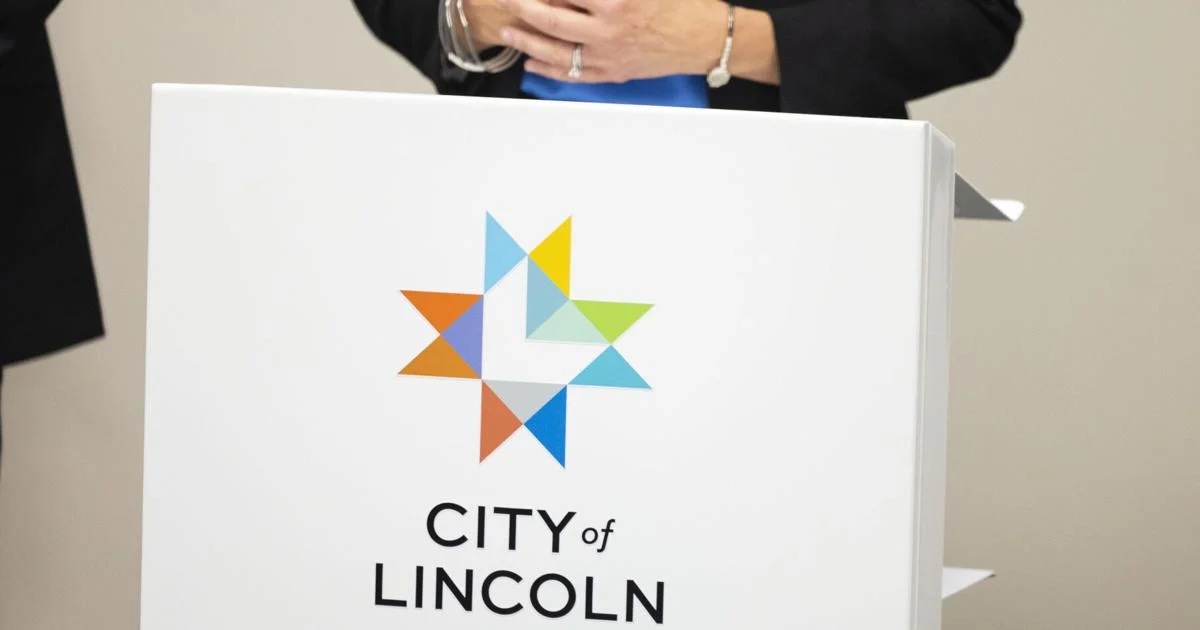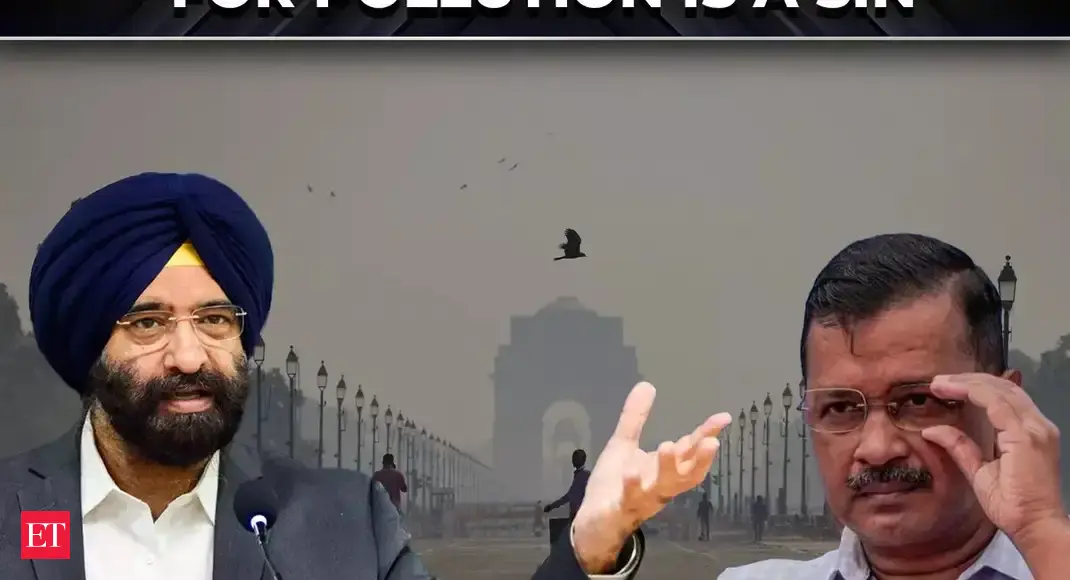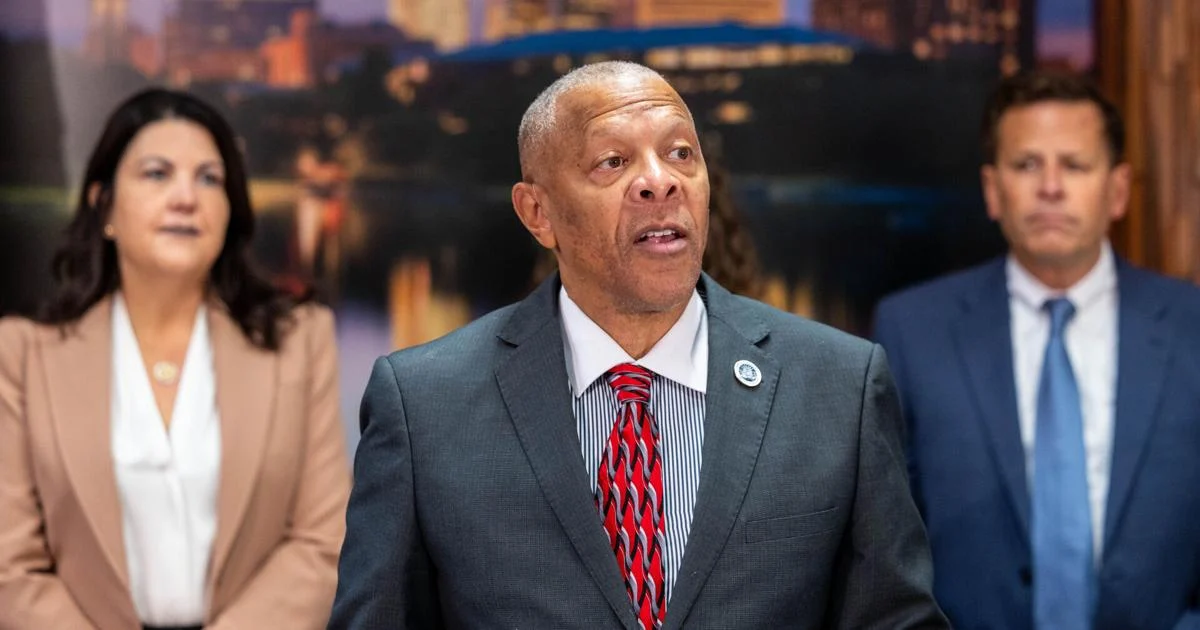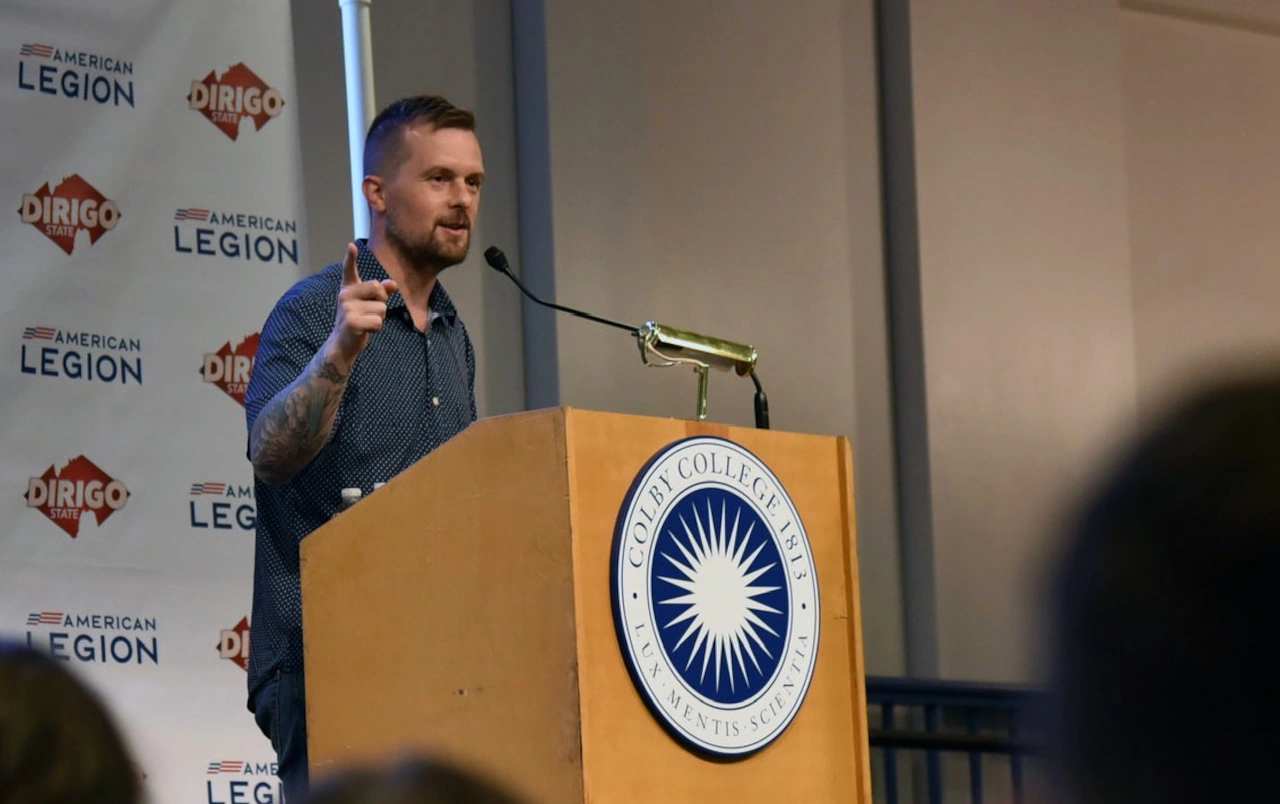Copyright Boulder Daily Camera
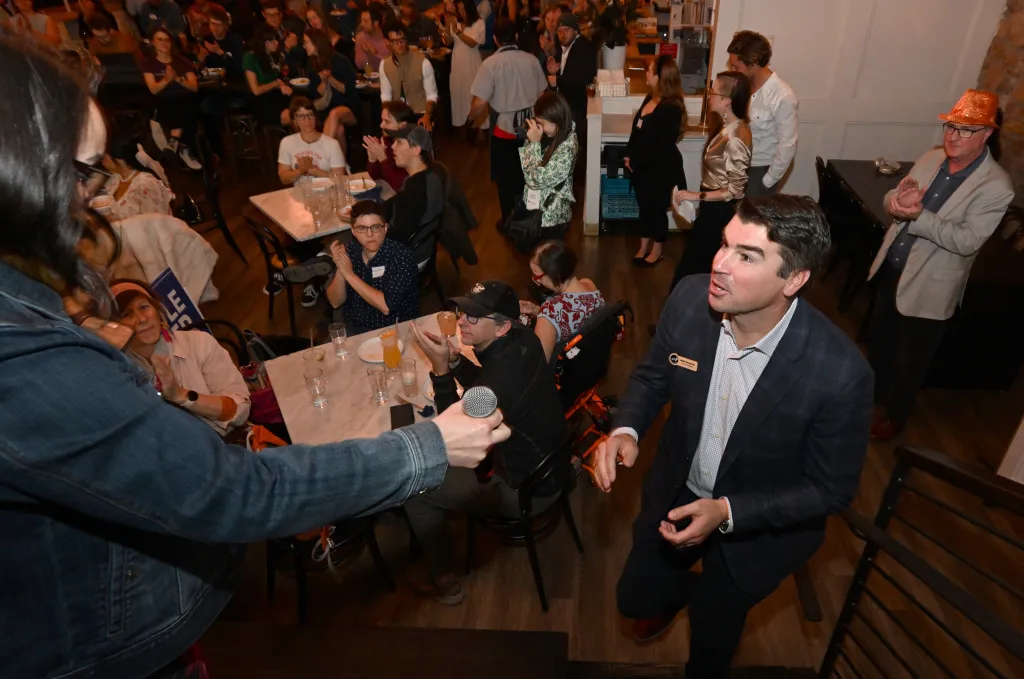
A night of national election jubilation for progressives extended to Boulder a little bit. Matt Benjamin raked in votes to lead the Boulder City Council race and is poised for re-election. Nicole Speersurged from fifth place to third for re-election, as well. All six of the candidates who had reasonable chances to win a seat — including Rob Kaplan and Mark Wallach, who both won seats, Jenny Robins and Mayor Pro Tem Lauren Folkerts — generally share liberal views, so labeling some as progressives and others as moderates may be splitting hairs. Still, there was a clear enough divide in policy positions and endorsements to categorize the pack. Folkerts was endorsed by the Boulder County chapter of the Democratic Socialists of America. She and Speer were both endorsed by the Colorado Working Families Party and the Boulder Area Labor Council. They spoke in support of labor rights at a meet-and-greet hosted by the BALC weeks before the election. Conversely, in a newsletter from his organization, Engage Boulder, billionaire Dan Caruso supported Kaplan, Wallach, Benjamin and Robins. Robins and Benjamin also received endorsements from the Colorado Restaurant Association, an organization advocating for restaurant owners that often finds itself at odds with labor groups on some issues. Benjamin, Speer and Folkerts earned endorsements from Boulder Progressives and lean further left than their moderate counterparts on issues such as renters’ rights. Wallach, Kaplan, Robins and Benjamin all received endorsements from Open Boulder, a moderate political group — the yin to Boulder Progressives’ yang. Boulder Progressives contributed $2,800 to this year’s election, and Open Boulder contributed $15,525, according to city election data. Eric Budd, co-founder of the organization Boulder Progressives, views the 2025 election as being “pretty successful,” he said. “These candidates have been the base of the progressive change that we’ve seen in Boulder. They exemplify it,” said Budd, who also sits on Boulder Progressives’ executive board. “They’ve made so much progress on housing, on transportation, on inclusivity, getting more people involved in elections, (and) the public library district.” The progressive slate of incumbents helped push elections to even years, adopt a package of policies designed to improve pedestrian safety and increase the city’s minimum wage, for example. That said, Budd said it seems the performances of moderates may indicate Boulder’s electorate pushing back on some of that change. The city is in a time of uncertainty surrounding its economic growth and affordability, coupled with looming threats and uncertainty from the Trump Administration. “The thing that gets me involved in local politics is not just getting small wins here or there, but it’s making systemic change, and that’s what this group of three incumbents that we backed have done,” Budd said. Jan Burton is the chair of Open Boulder, and she, too, was happy with the results. Open Boulder, Better Boulder and Boulder Progressives banded together to get Benjamin, Folkerts, Speer and Wallach elected in the 2021 race. The coalition didn’t return in 2025 because, in part, Burton said some incumbents steered too far to the left and weren’t in touch enough with the group’s liking. “By having a new council member, it will just change the dynamic some,” said Burton, who served on the City Council in the mid-2010s. “I also hope that this slate got so many votes in total that it will be a message to council that maybe they need to shift a little bit.” Open Boulder says it values good governance with a focus on issues such as expense reduction and public safety. Without naming anyone, Burton pointed to incumbent support of the recently passed transportation management fee as a sticking point. (Speer and Folkerts were the incumbents who were the most vocal supporters of the fee.) On public safety, the moderate candidates were more open to further enforcing Boulder’s camping ban and applying wildfire hardiness codes to existing structures. With all of those issues in mind, Burton was optimistic about the possible election of Kaplan, a former captain with Boulder Rural Fire Rescue. “We feel like that is an impending risk that the city is not taking seriously enough,” Burton said. She later said she thinks that Kaplan “will be a voice of change to take a different position on certain things like better budgetary management, improved public safety, support for the arts and small business.” This was the final year of odd-year elections in Boulder. Five seats, including the one for mayor, are up for grabs in the 2026 election, including those of progressive council members such as Taishya Adams and more moderate members such as Tara Winer. Budd sees Boulder Progressives’ work continuing, no matter this year’s results. That includes improving affordability in Boulder. Boulder Progressives, progressive incumbents, and progressive challengers such as Rachel Rose Isaacson and Max Lord see worker rights and pay as key issues facing the city. Benjamin, Wallach and Kaplan support a tipped-wage credit that essentially allows tipped workers to be paid below the minimum wage because, in theory, the tips will cover the difference. Supporters say this will provide relief for the restaurant industry, which continues to struggle after the onset of the COVID-19 pandemic, while critics say it will only harm workers in Boulder who already struggle to make ends meet. “The moderates this year have really talked about helping businesses, and I think the progressives are more like, how do we help people struggling? And obviously there’s a balance there,” Budd said. “I don’t want to see a swing too far the other way, which is reducing wages for people. That came up in this election at both the city level and the state level. We can’t have that, to have a working class in Boulder.”
